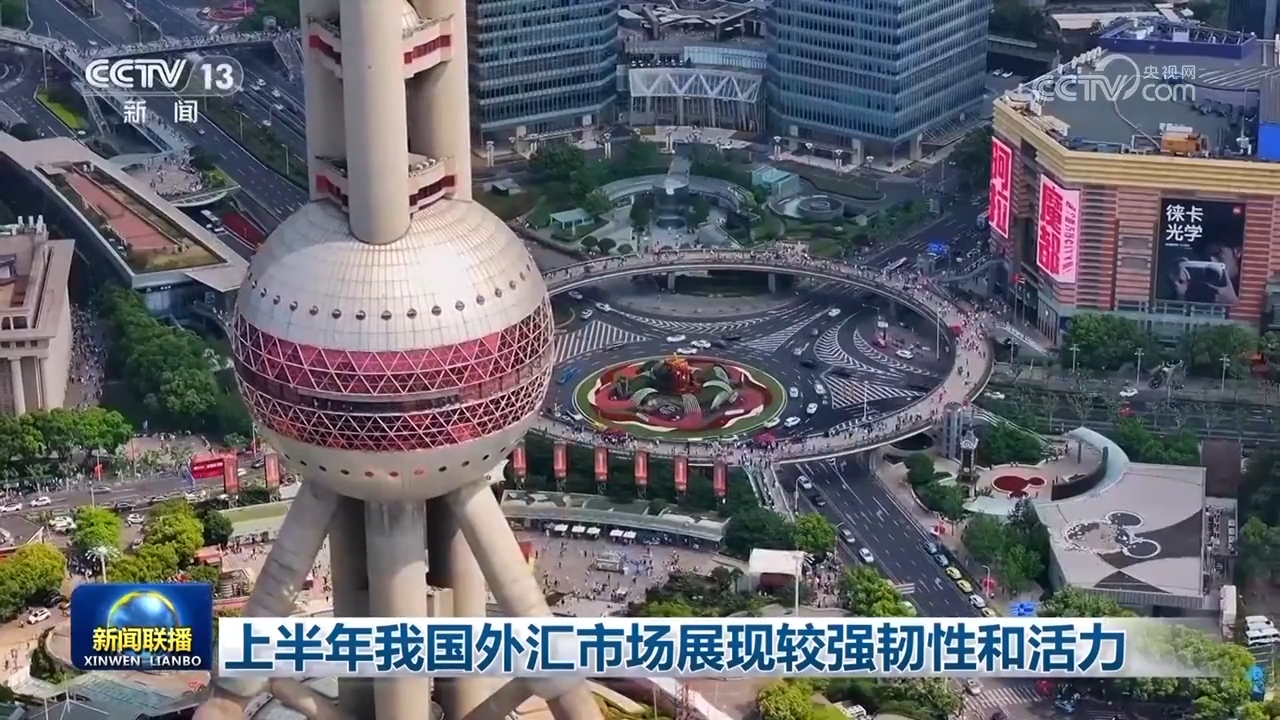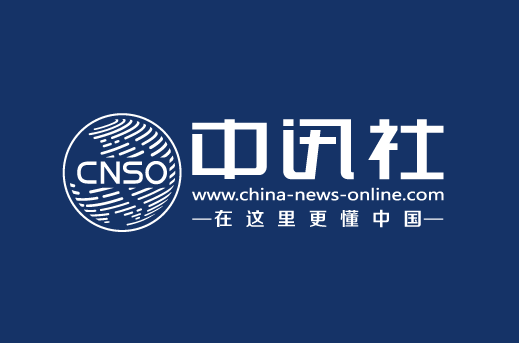CCTV News: According to the website of the Ministry of Civil Affairs, recently, in order to implement the national strategy of actively responding to population aging, strengthen care services for disabled elderly people, promote consumption of elderly care services, and promote the high-quality development of elderly care services, the Ministry of Civil Affairs and the Ministry of Finance jointly issued the "Notice on Implementing the Project of Distributing Elderly Service Consumption Subsidy Project to Medium-Above Disabled Elderly" (hereinafter referred to as the "Notice").
The Notice adheres to the guidance of Xi Jinping Thought on Socialism with Chinese Characteristics for a New Era, thoroughly implements the spirit of the 20th National Congress of the Communist Party of China and the Second and Third Plenary Sessions of the 20th Central Committee of the Communist Party of China, and organizes and implements the distribution of elderly care services consumption subsidies to moderately disabled elderly people above the country. This universal livelihood policy will effectively reduce the pressure on care expenditure for disabled elderly people, better meet the urgent needs of care services for disabled elderly people, drive the healthy and orderly development of the elderly care service industry, and achieve mutual promotion of economic development and people's livelihood improvement.
The Notice clearly states that the subsidy targets for this project are elderly people who have been uniformly evaluated as moderate, severe and completely disabled. The subsidy projects include home, community, and institutional elderly care services. Among them, home and community elderly care services mainly include "six aid" services such as meal aid and bath aid, as well as rehabilitation care, day care, etc.; institutional elderly care services include long-term services (the time to stay in the institution is more than 30 days) and short-term services (i.e. "respraying service", and the time to stay in the institution is less than 30 days). Subsidy funds are distributed in the form of electronic consumption vouchers in the form of natural monthly through the "Civil Affairs Connect" (including mini-programs and APPs). When moderately disabled elderly people above can deduct relevant fees in proportion within the consumption voucher amount when purchasing elderly care services. The project will be carried out in pilot areas such as Zhejiang Province, Shandong Province, Chongqing City, Liaoning Province, Shenyang City, Anhui Province, Chuzhou City, Jiangxi Province, Xinyu City, Sichuan Province, and Chengdu City. It will be launched in other provinces by the end of 2025 based on the pilot situation. The project implementation period in each region is 12 natural months. The subsidy funds are generally shared by the central government in accordance with the principle of 9:1, and the central government and the central government bear the benefits of the central government in the eastern, central and western regions are 85%, 90% and 95% respectively. Each province shall bear local expenditure responsibilities in proportion based on the allocation of central fiscal funds, and the method of sharing subsidy funds below the provincial level shall be determined by provincial finance.
The Notice points out that the project adheres to the principle of voluntary application, and the elderly and their agents can apply through the "Civil Affairs Pass". After evaluation in accordance with the national standards of the "Elderly Ability Assessment Standards", disabled elderly people who meet the conditions will receive electronic consumption vouchers on a monthly basis. Nursing care institutions, community elderly care service institutions, and third-party assessment institutions that provide services to qualified disabled elderly people can obtain relevant settlement funds according to relevant procedures.
The Notice requires that all localities should dock with the existing information management system in their regions with the "Civil Affairs Communication", implement information security responsibilities, dynamically monitor project information changes, and regularly conduct relevant data summary and analysis; they should refine risk prevention measures in light of local realities and keep the bottom line of fund use red lines; they should review and check the local elderly capacity assessment data to improve the quality of assessment and evaluation efficiency; they should strengthen spot checks and inspections of the quality of elderly care services through online and offline verification, and prevent false services, inferior services as good ones, and "price increases first and then deduct them".
The Notice emphasizes that local civil affairs departments are the responsible entities for the organization and implementation of projects in their regions. They must arrange special forces, clarify the division of responsibilities, strengthen personnel training, and ensure the stable and smooth progress of projects; they must strengthen process management, conduct self-evaluation and self-examination of project implementation results, fund use, etc., and report project implementation status in a timely manner on a quarterly basis; they must strengthen publicity and guidance, actively carry out project organization and implementation training and publicity work according to local conditions, make full use of activities such as the "Eldership Service Consumption Season", continuously expand project influence, and actively create a good social atmosphere. All local financial departments should cooperate with the civil affairs departments to strengthen supervision of the entire process of project implementation and the entire process of fund use to ensure the safe and efficient use of funds.





